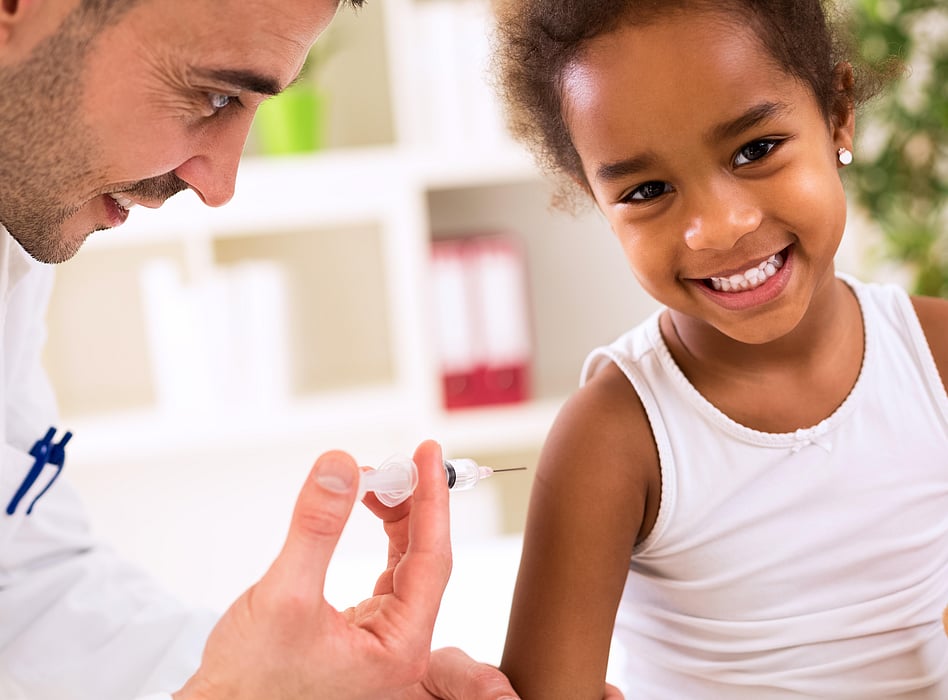Pandemic Saw Rise in Mistrust of Childhood Vaccines Worldwide

FRIDAY, April 21, 2023 (HealthDay News) -- While overall support for childhood vaccines remains strong, a new UNICEF report documents a significant decline in the public's faith in the importance of these vaccines.
Confidence in childhood immunizations dropped by up to 44 percentage points in some countries during the pandemic, according to the report. Meanwhile, 67 million children missed one or more of their vaccines over three years because of pandemic-related strains on health systems, scarce resources, conflict, fragility, and decreased confidence.
Perception about the importance of vaccines for children declined by more than one-third in the Republic of Korea, Papua New Guinea, Ghana, Senegal, and Japan, according to the "State of the World's Children 2023: For Every Child, Vaccination." Only in China, India, and Mexico did the perception about the importance of vaccines continue at the same level or increase. People younger than 35 years and women were more likely to report less confidence about vaccines for children after the pandemic began.
Support for vaccines remains relatively strong, with more than 80 percent of respondents in nearly half of the countries still perceiving vaccines as important for children. Yet, the threat of vaccine hesitancy may be growing because of uncertainty about the response to the pandemic, growing access to misleading information, declining trust in expertise, and political polarization, the report noted.
Vaccination coverage levels decreased in 112 countries between 2019 and 2021. Those born just before or during the pandemic are now passing the age when they would normally be vaccinated. There is an urgent need to get them caught up, according to UNICEF.
Here are some real-world examples of the impact: The number of children paralyzed by polio was up 16 percent year-to-year in 2022, while measles cases doubled. Inequities are a part of the picture, with too many children in marginalized communities unable to access or afford vaccines, according to the report. About 48 million of the 67 million children who missed routine vaccinations between 2019 and 2021 did not receive a single routine vaccine. At the end of 2021, India and Nigeria had the largest numbers of these zero-dose children. Increases in the numbers of zero-dose children were especially notable in Myanmar and the Philippines.
Related Posts
Una vacuna contra la COVID en forma de pastilla muestra un potencial inicial
VIERNES, 6 de mayo de 2022 (HealthDay News) -- Una vacuna experimental contra la...
British Study Finds Big Jump in Eating Disorders Among Young Girls
WEDNESDAY, June 21, 2023 (HealthDay News) -- During the early years of the...
Eliminar peligros de casa reduce el riesgo de caídas de las personas mayores
LUNES, 13 de marzo de 2023 (HealthDay News) -- Casi un tercio de las personas...
Keeping Blood Pressure in Check Could Cut Your Odds for Dementia
WEDNESDAY, Oct. 26, 2022 (HealthDay News) -- Controlling high blood pressure in...
